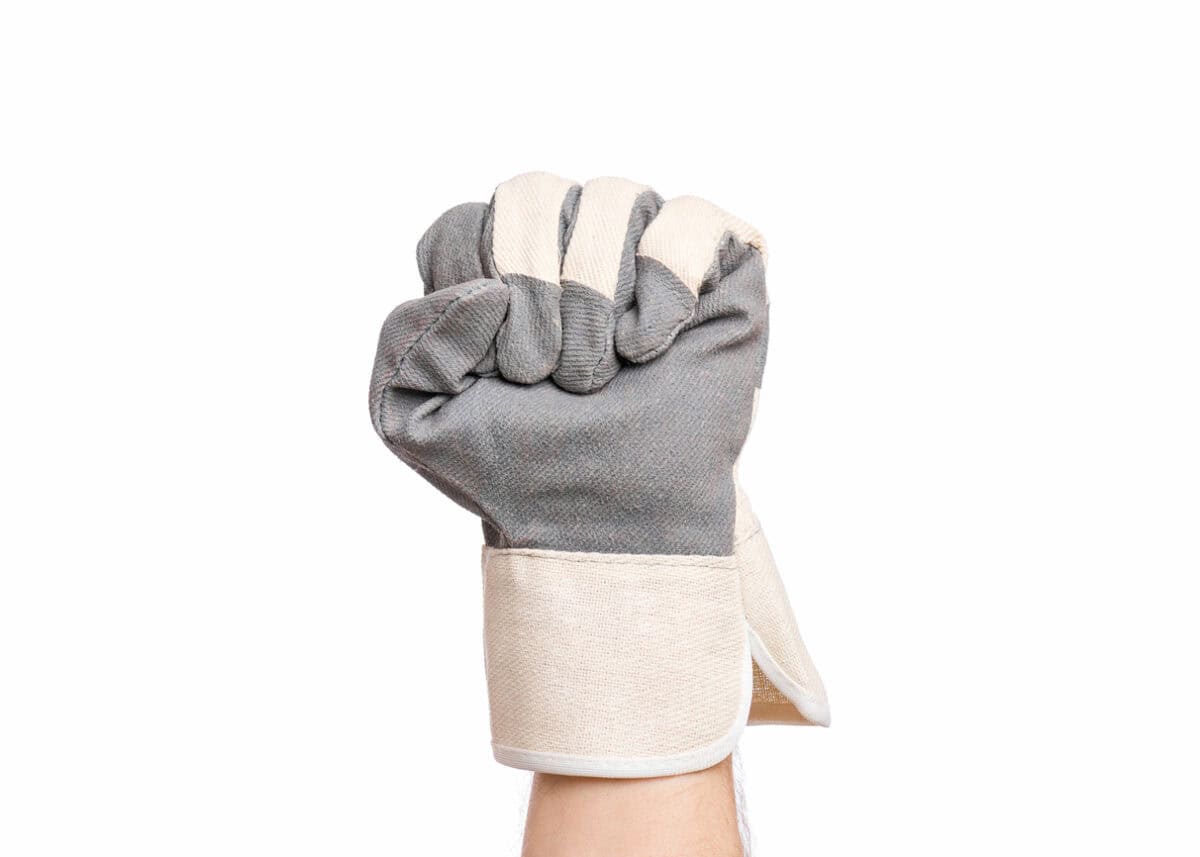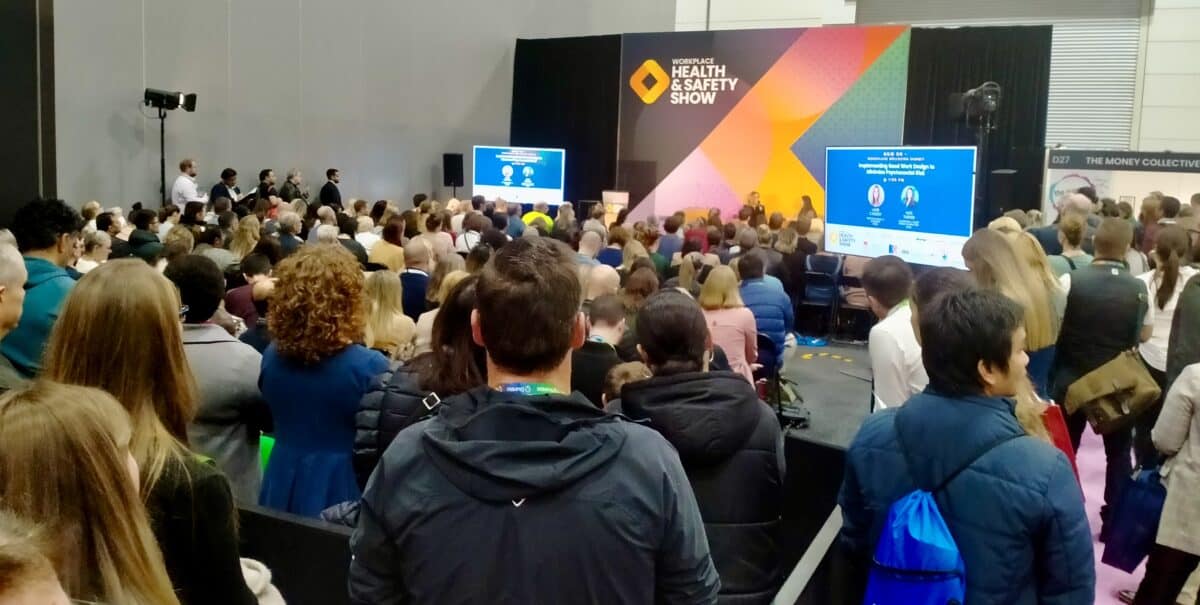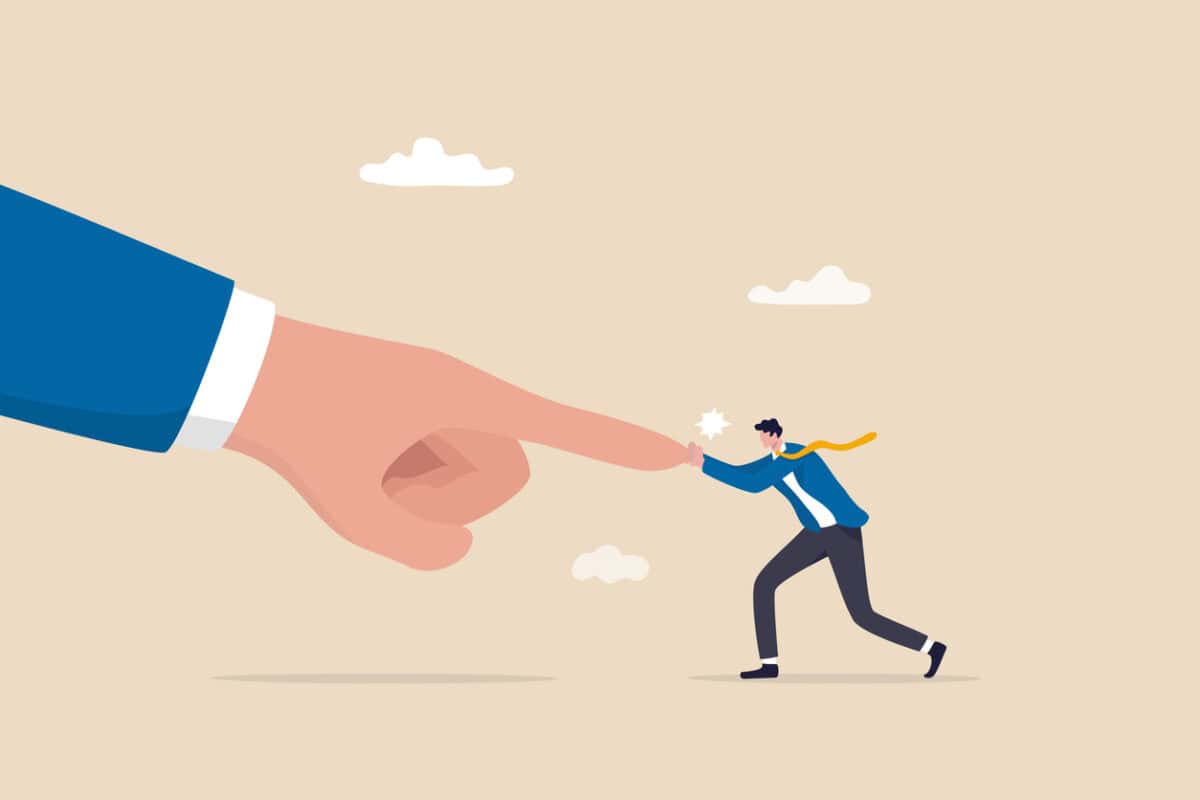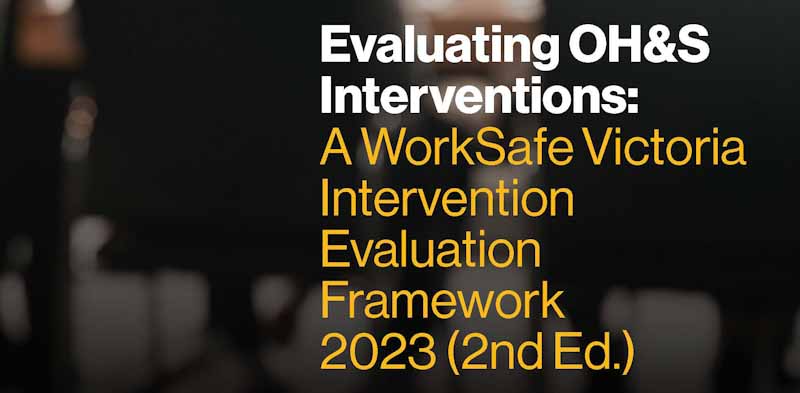Victoria’s Minister for WorkSafe, Danny Pearson, has emerged from the occupational health and safety (OHS) wilderness to restate his commitment to introducing legislative amendments on psychosocial hazards at work. He has been stalling on these for a very long time, but he has recently provided an update to Parliament.
Category: health
Broadening the OHS perspective
Over the last decade, the occupational health and safety (OHS) profession has been challenged by a new perspective on OHS and its professional interaction with it. Safety Differently, Safety II or some other variation are important and intriguing variations, but they seem to remain confined to the workplace, the obligations of the person conducting a business or undertaking, and/or the employer/employee relationship. The interaction of work and non-work receives less attention than it deserves.
Many OHS professionals bemoan OHS’ confinement to managerial silos but continue to operate within their own self-imposed silo. One way for OHS to progress and to remain current and relevant is to look more broadly at the societal pressures under which they work and how their employees or clients make OHS decisions. Some recent non-OHS books and concepts may help.
If you don’t sound the alarm, who will?
Last week the Australian Institute of Health and Safety (AIHS) National Conference contained some excellent speakers and one or two stinkers. (I will not be reporting on the last speaker of the conference, who spent his first ten minutes “roasting”. i.e. insulting the delegates!) Safe Work Australia’s Marie Boland was an important and informative speaker who nudged the occupational health and safety profession to be more active.
“Human sacrifice, dogs and cats living together… MASS HYSTERIA!”
Victorian businesses and occupational health and safety (OHS) people are hungry for advice about managing psychosocial hazards at work if the scenes at today’s Work Health and Safety show were any indication. The sad part of the popularity of the topic is that some of the advice being given is wrong or outdated.
Continue reading ““Human sacrifice, dogs and cats living together… MASS HYSTERIA!””International Conventions are attractive but largely academic
Last week, Australia’s Parliament released an information paper on a “National Interest Analysis” of International Labour Organization Convention No. 187: Promotional Framework for Occupational Safety and Health Convention adopted in Geneva on 15 June 2006. Does this mean anything to the local occupational health and safety (OHS) profession? Yeah, Nah, Maybe.
We deserve new OHS ideas, research, initiatives, strategies, epiphanies and enlightenment
This week, the Australian Institute of Health and Safety (AIHS, formerly the Safety Institute of Australia) is hosting its national conference in Melbourne, Australia. The heyday of occupational health and safety (OHS) conferences seems to have passed in Australia as, perhaps, was confirmed by the varying responses to last year’s World Congress on Safety and Health at Work. But expectations for this week’s conference are high; at least mine are.
But are those expectations too high? There is a direct competitor for OHS ears and eyes (no matter the arguments) in the same building at the same time, the Workplace Health and Safety Show. The AIHS Conference needs to work hard to retain its prominence and, most importantly, its influence. It is worth reflecting on how this messy situation came about.
Evaluating the effectiveness of OHS interventions and programs
Last month, an extraordinary document appeared – “Evaluating OH&S Interventions: A WorkSafe Victoria Intervention Evaluation Framework 2023 (2nd Ed.).” Its extraordinariness comes from its appearance with no fanfare or promotion; it is a second edition of something published in 2004 (which I cannot recollect), it has authoritative authors, and it is a document many have been asking for.







